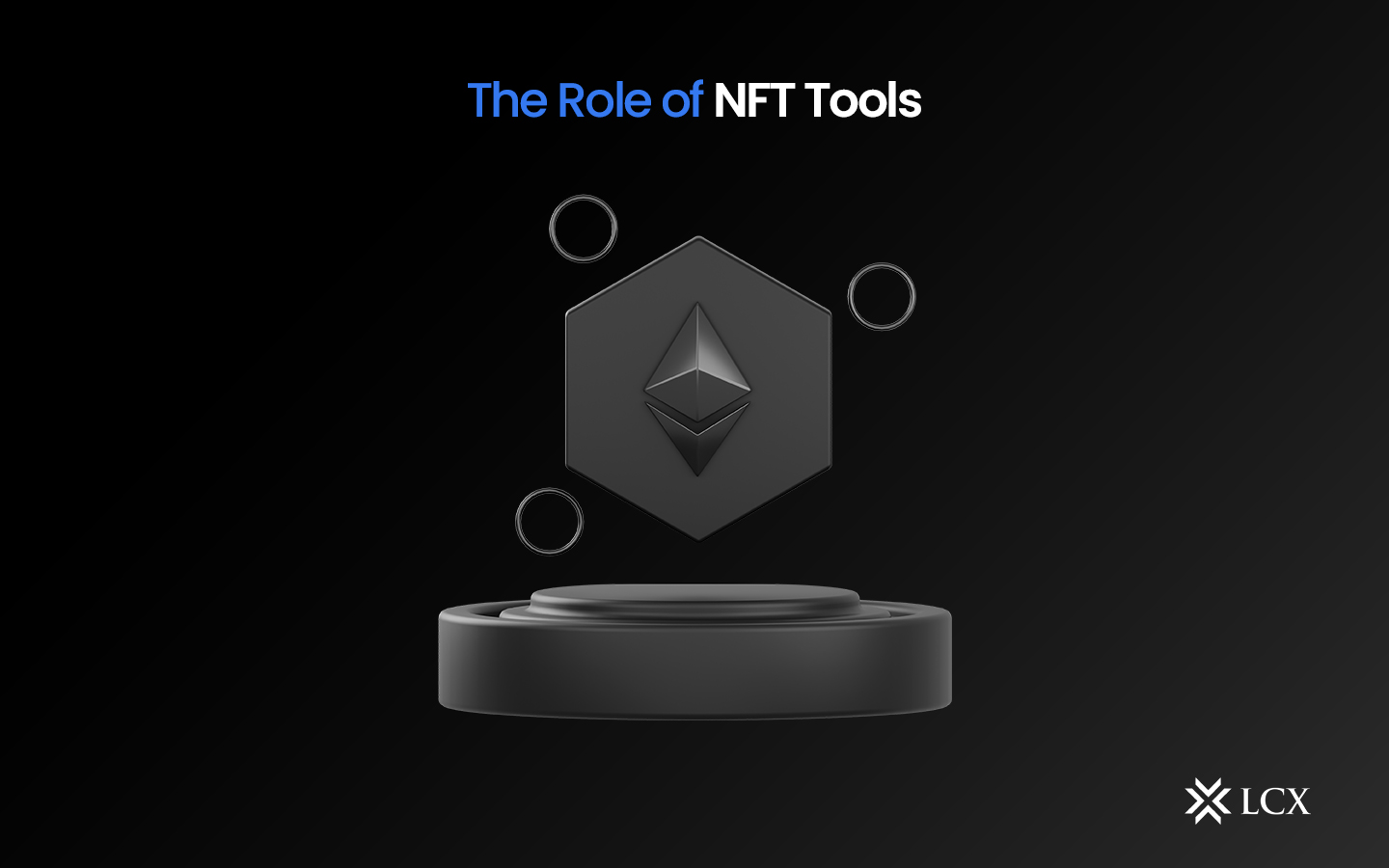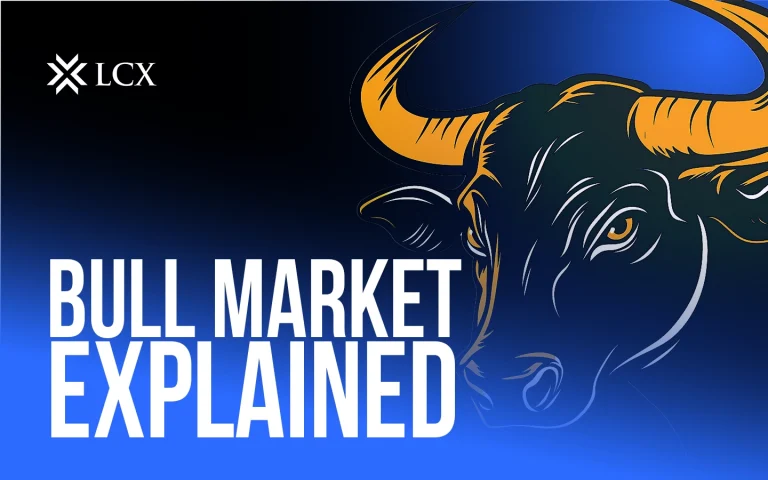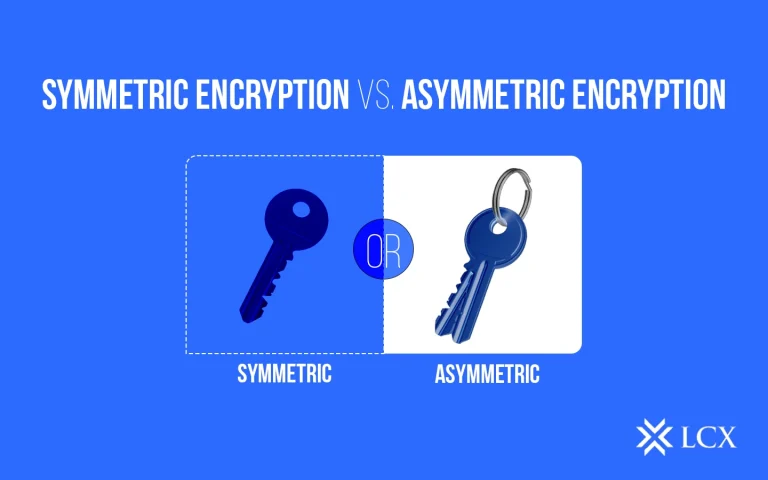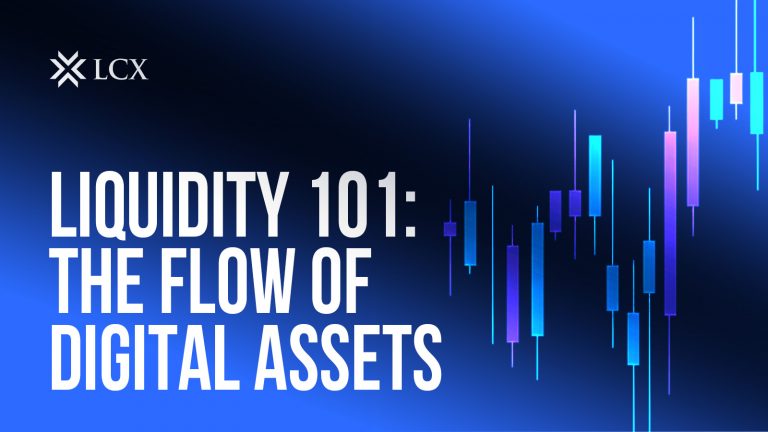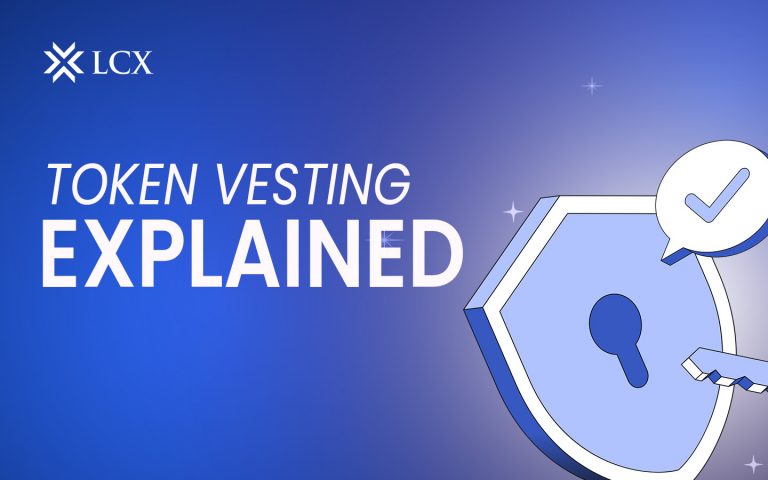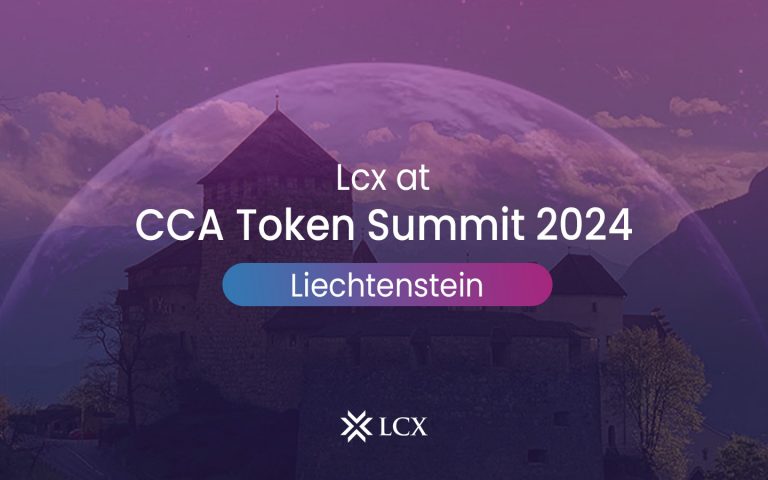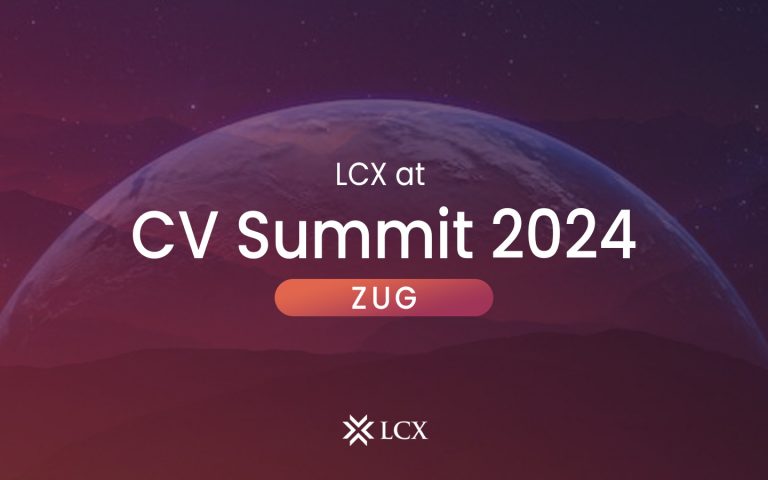There are a wide range of applications for blockchain technology, and the NFT market represents one of the most significant to date. However, the demand for free NFT tools has increased as an increasing number of investors seek the best non-fungible asset. NFTs are attracting the attention of individual collectors and crypto investors. They are constantly searching for the next significant NFT collection that will impact the world. In addition to supporting creators while offering full ownership, NFT instruments can be employed to transfer capital.
Obviously, the most crucial aspect of learning how to choose the appropriate NFTs. CryptoPunks and CryptoKitties are among the most lucrative non-fungible tokens, but acquiring uncommon ones can cost millions of dollars. Despite the abundance of opportunities, one needs to exercise caution when selecting the appropriate NFTs to invest in.
Why Are NFT Tools So Essential?
Before purchasing an NFT, the buyer can assess and evaluate it using a variety of free NFT instruments. This enables them to stay a step ahead of their rivals and make intelligent decisions. Consider these instruments in the same manner as digging tools. Using the proper apparatus aids in the discovery of NFT precious metals. The tool owner will receive assistance with NFT scarcity identification, NFT sources of information, and NFT marketplaces. While conducted with due diligence, these materials are an invaluable boost to the toolkit. Improper or deceptive information can make or break a financial transaction or even place it in the path of fraud.
NFT instruments are now indispensable components of the rapidly expanding NFT ecosystem. By streamlining the minting process, determining origin, and facilitating monetization, they empower creators. These tools provide seamless access to a wide variety of digital assets, accessible ownership tracks, and secure marketplace transactions for collectors. In addition, NFT tools foster innovation, facilitating the research and development of innovative ownership models such as fractional ownership and contributing to the expansion of the market for digital collectibles. They enable creators, musicians, gamers, and content creators to build direct connections with their audience and uncover new revenue streams.
NFT tools are mediums, software, and applications that facilitate the creation, administration, and trading of non-fungible tokens. These tools strengthen creators’ fans by providing a variety of features that facilitate the NFT’s lifespan.
Creation and Mining Instruments: The use of NFT creation tools enables creators to digitally store their work. These platforms offer user-friendly interfaces that enable creators to integrate metadata, designate revenue systems, and mint NFTs. OpenSea, Rarible, and Mintable are some of the well-known creation tools.
Wallets and Control of Digital Assets: NFT tools frequently interact with digital wallets, allowing users to store and administer their NFT collections in a secure manner. These wallets serve as an intermediary between the user’s device and the blockchain network, enabling transactions and guaranteeing the security of NFTs. MetaMask, Trust Wallet are some examples of well-known wallets.
Marketplace Platforms: NFT marketplace platforms serve as digital marketplaces for purchasing, selling, and trading NFTs, connecting creators and collectors. These platforms offer an opportunity for creators to exhibit their creations and for aficionados to come across and acquire exclusive digital assets. OpenSea, SuperRare, and NBA Top Shot are examples of notable NFT marketplaces.
Royalty And Licence Management: More and more NFT tools incorporate royalty and licensing functions. Creators can define the royalty percentages they receive when their NFTs are sold or exchanged on secondary markets. These instruments facilitate royalty distribution, guaranteeing that creators receive payments equitably after the first sale of their work.
Fractional Ownership Platforms: Multiple individuals can cooperatively hold a fraction of an NFT through fractional ownership. NFT instruments promote fractional ownership platforms, allowing investors to buy shares of high-value NFTs. These instruments facilitate the administration of fractional ownership, including the ability to vote, the allocation of profits, and decision-making processes.
Integration of Virtual Worlds and Gaming: NFT tools have been introduced into the gaming and virtual world industries, providing developers with the ability to tokenize assets within the game and virtual world. This integration revolutionizes proprietorship in virtual environments by enabling gamers to purchase and exchange digital assets across multiple gaming platforms.
Conclusion
Even though NFTs are an emerging trend, there are an assortment of research resources available to help creators elevate their game. When it comes to protecting and expanding the NFT instruments collection, having the best NFT tools for research will put it in the driver’s seat, whether it’s a portfolio tracker, market options, or the latest news. Some of these merchants offer premium features that give them an edge over other merchants or provide an outstanding inventory that enables precise monitoring of these digital assets.
